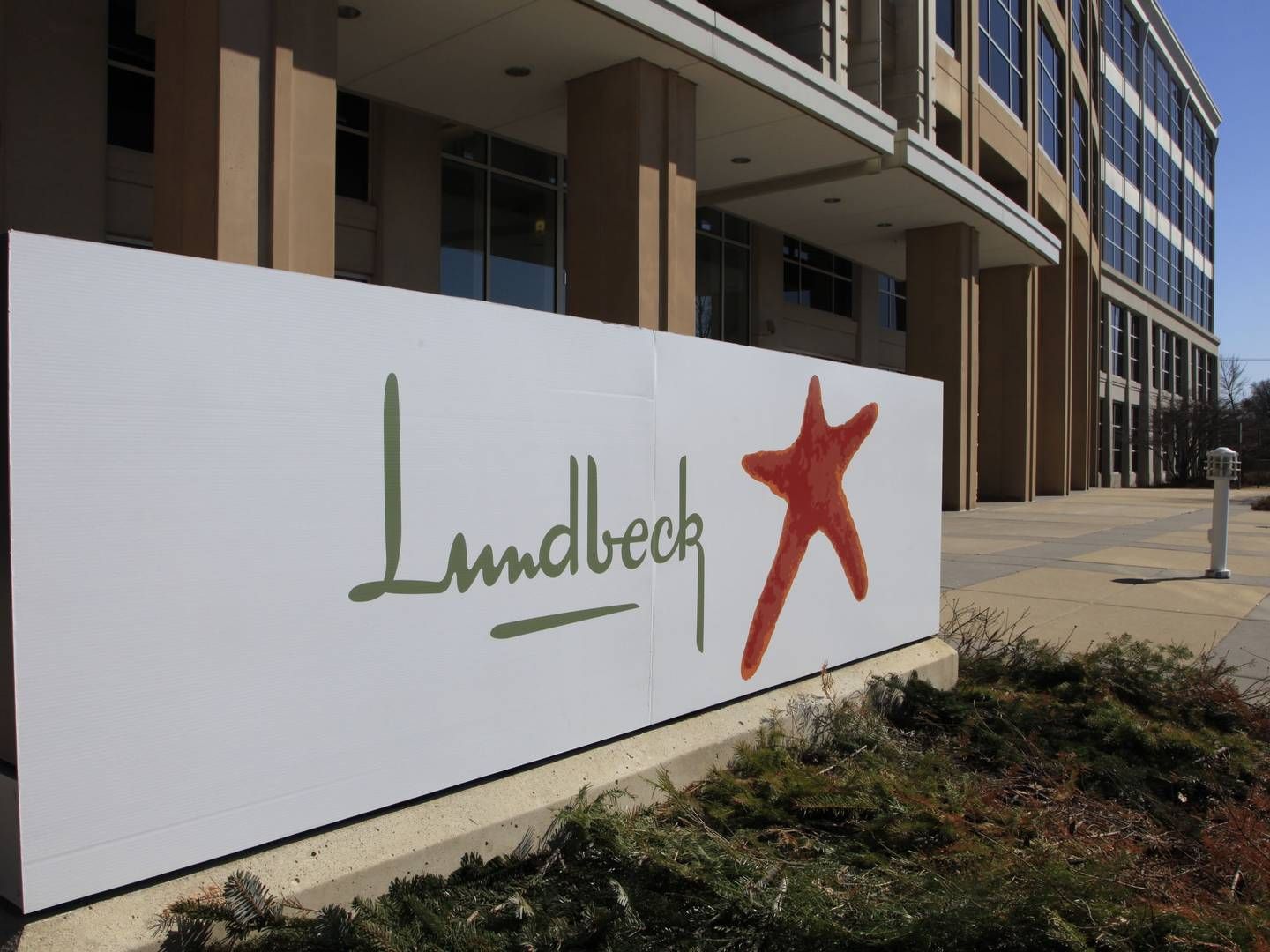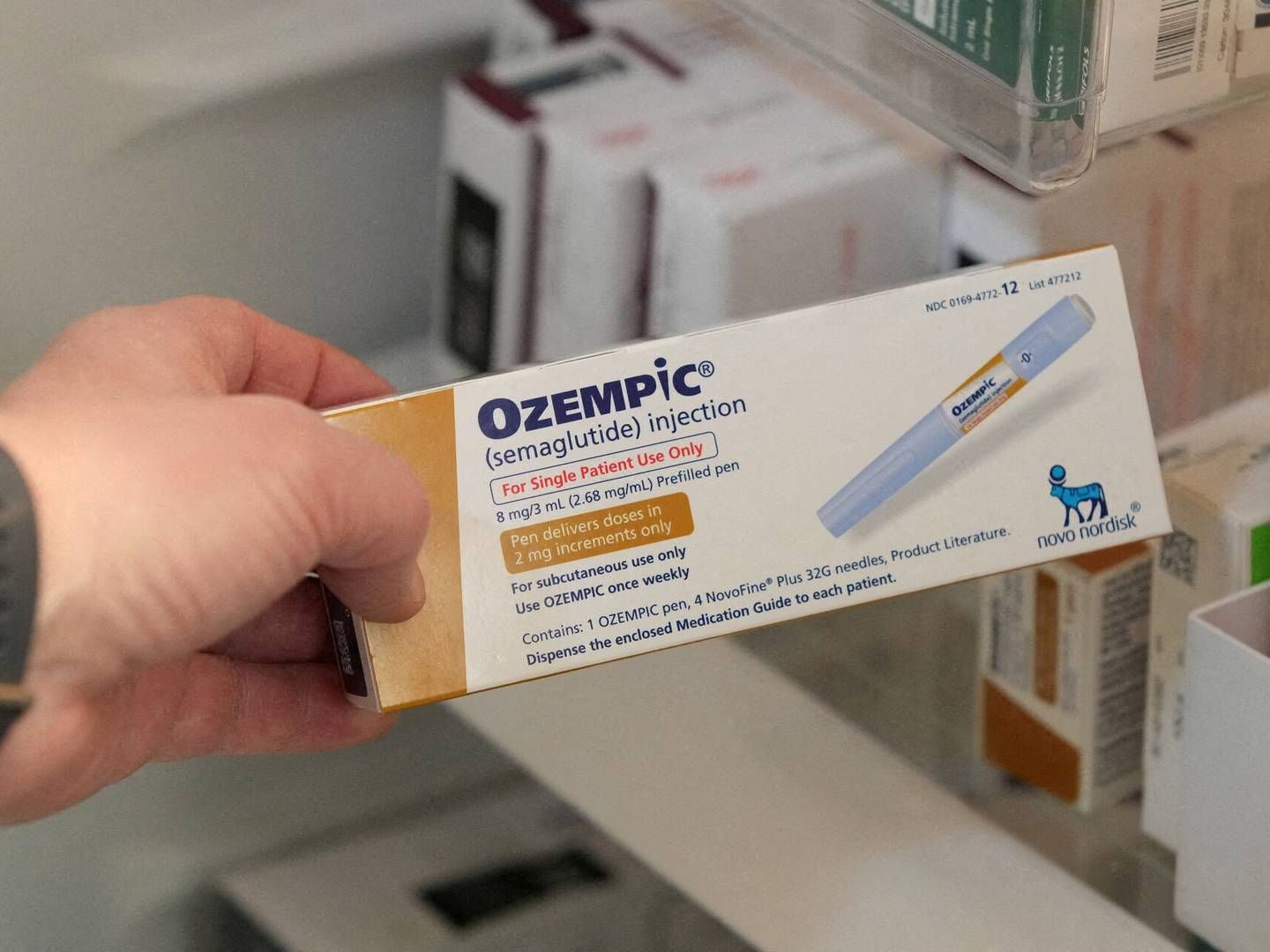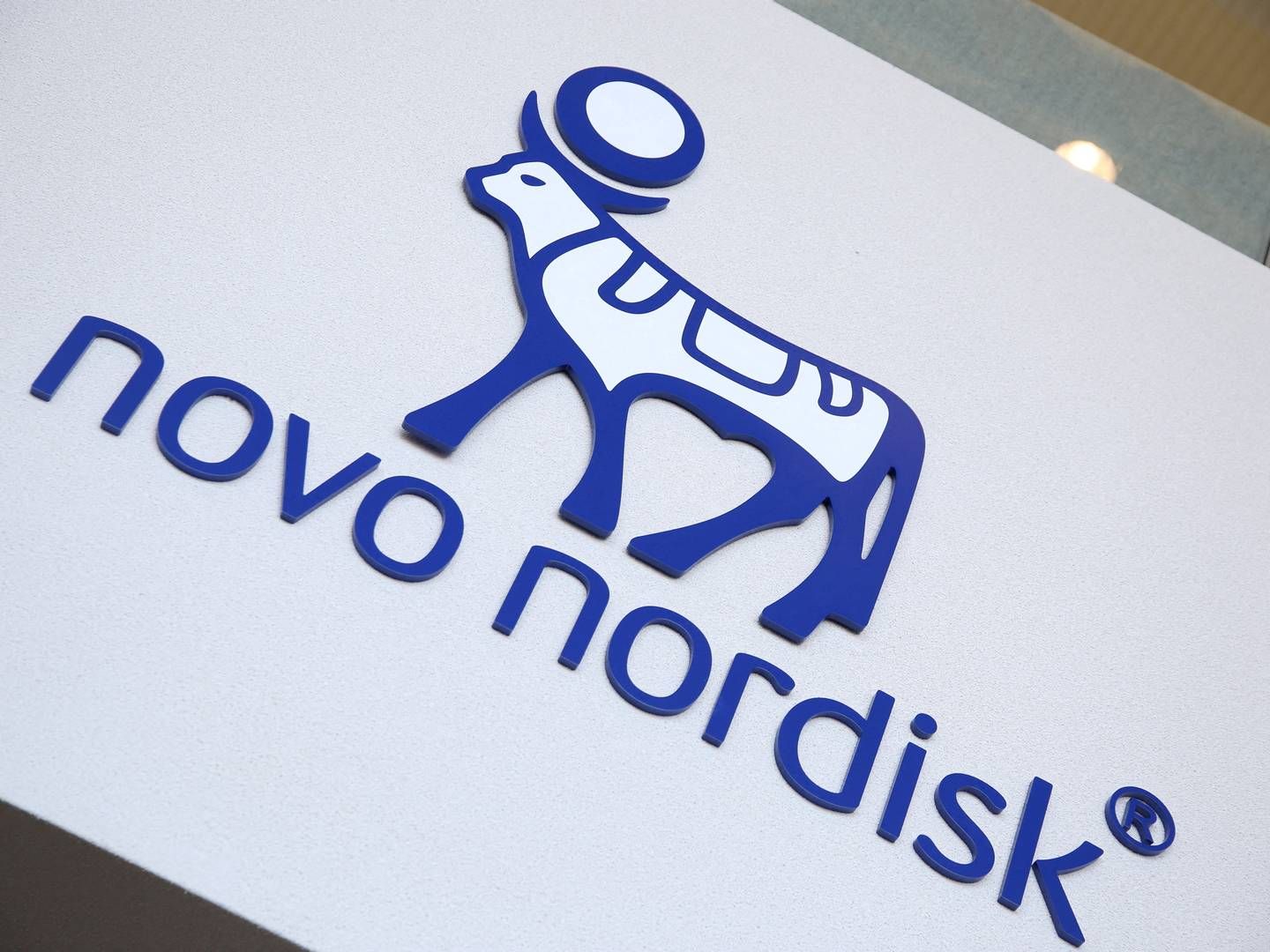Lundbeck: All is not lost

Lundbeck’s chief scientific officer, Anders Gersel Pedersen, says the battle is “absolutely not” lost yet when it comes to having the cognitive benefits from antidepressant Brintellix included in the product’s label.
“We will have to see what we can do to advance this discussion in our talks with the FDA,” Anders Gersel Pedersen tells MedWatch.
Lundbeck received a Complete Response Letter from the US FDA earlier in the week, effectively a rejection of the company’s supplemental Biologics License Application for Brintellix aiming to have cognitive effects included in the label.
FDA’s European counterpart, EMA, has already recognized this effect, and it is what should set the antidepressant aside from its rivals – not least on the important US market.
Expert opinion
The rejection from the FDA follows a positive recommendation from a panel of independent experts, which voted eight to two in favor of the label expansion on February 3rd.
“In light of the very positive recommendation we got from the expert panel, it is definitely surprising to see FDA go against its own advisory panel. But they have recognized the issue [of cognitive performance] as a significant issue and they have also recognized the importance of making drugs that address this issue, so in that sense we are on the right path with these things,” Anders Gersel Pedersen says.
He says the discussion he will now initiate with the FDA could stretch out over a “couple of months”. But he is still not clear on what the FDA does not recognize about Brintellix and the data Lundbeck has included in its sBLA.
“The details are not clear enough for me to give a definite answer. It’s not that I don’t want to. But they have indicated that they want to discuss this further with us, and we will have to do so.”
Doubt over test method
When the advisory panel discussed the data generated on Brintellix’ effect on cognition, there was some back and forth over the test method used by Lundbeck to show that effect. The method is called Digital Symbol Substitution Test (DSST) and is used to measure patients’ ability to solve complex tasks in a limited amount of time.
“There were arguments for and against it and discussions of strengths and weaknesses of this method. But it’s not so much the method as such that’s up for discussion, because it’s a well-known method that has been used for a number of years. The discussion is mostly about the adequacy of the method and whether you should look at other targets than just this method. We will have to discuss that with the FDA and see how they feel about it,” Anders Gersel Pedersen explains.
Does that mean you are willing to conduct additional trials in relation to this?
“That all depends what they ask for. I’m not going to rule out anything in advance, but I also won’t commit myself to anything.”
Could affect sales
The news off the rejected application took its toll on Lundbeck’s share price and a number of analysts have expressed concern that it could affect the peak-sales potential of the drug, which Lundbeck itself has pegged to reach DKK 5-10 billion.
That target becomes a bit more unattainable without the label expansion, but Anders Gersel Pedersen does not think the rejection will have any significant impact of sales of Brintellix.
“Right now, I don’t expect it to have any significant impact because the drug is advancing as expected for the time being. I have also said previously in relation to the expanded approval that it would only be evident in the long term,” he says.
What if you never manage to have Brintellix’ cognitive benefits included in the label in the US?
“I’m not going to speculate on that for the time being. That lies way into the future,” Anders Gersel Pedersen believes.
Brintellix generated revenue of DKK 629 million in 2015 with just DKK 105 stemming from Europe. From Q3 to Q4 European sales only rose from DKK 35 million to DKK 46 million.
In the US, where the drug was launched in January 2014, Brintellix generated revenue of DKK 403 million during 2015.
First-mover disadvantage
Lundbeck is the first company to attempt to have the cognitive benefits of an antidepressant recognized in the label, so it was seen as major victory when the expert panel in the US recognized the issue in people with major depression disorder.
But it also makes it difficult for the FDA to set up guidelines for how the cognitive effects are established, Anders Gersel Pedersen believes.
“Of course when you create innovation and are ahead of events, there’s no manual you can follow. That also makes the authorities looking into these issues unsure of what they want and what approval or rejection of various things might mean. I can sympathize with that. It’s simply unfortunate to be the subject of such an issue,” he says, adding:
“We are first-movers here, so there are bound to be some surprising developments, which I would definitely call it when you receive such a convincing recommendation and still end up with the opposite verdict from the FDA. So we will now have to engage in additional discussions and see how we move on from this.”
US rejection is a rude awakening for Lundbeck
Lundbeck CSO: Label expansion will ease communication
Lundbeck CSO: It will have a huge impact
- translated by Martin Havtorn Petersen
Would you like to receive the latest news from MedWatch directly in your e-mail inbox? Sign up for our free English newsletter below.
Relaterede artikler
US rejection is a rude awakening for Lundbeck
For abonnenter
Lundbeck CSO: Label expansion will ease communication
For abonnenter
Lundbeck CSO: It will have a huge impact
For abonnenter


































